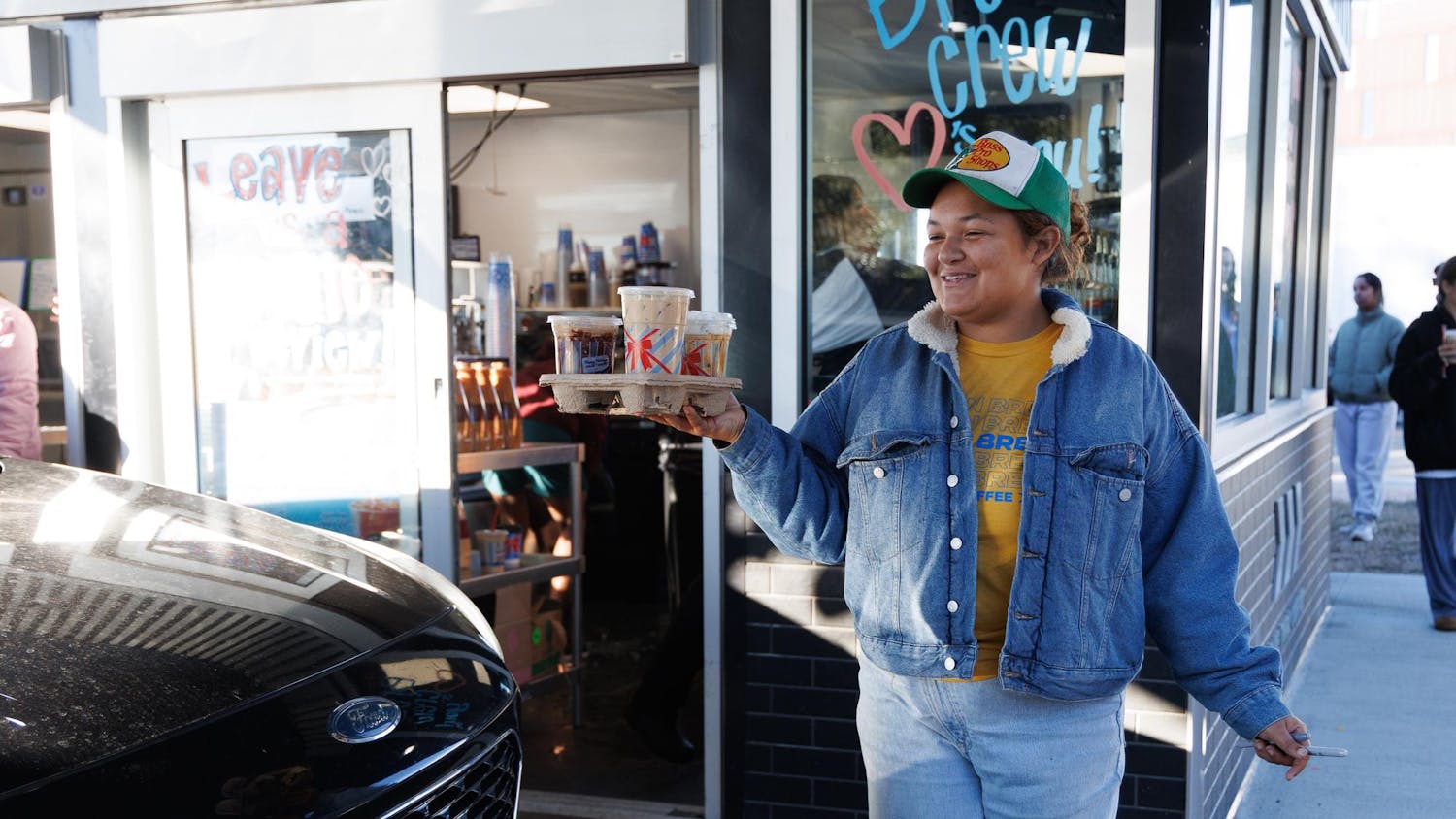When I first saw a front-page story about a UF program encouraging bicycle use, I was more than excited. I am a huge cycling advocate.
I sold my car and bought a bicycle six years ago while living in Washington, D.C., because I couldn't afford the gas, parking and insurance costs. Mostly though, I couldn't afford the stress of driving around the nation's capital.
When I first told friends what I was doing, they begged me to reconsider. My workplace was more than a dozen miles from where I lived, and winter was fast approaching. I was naively locking myself into a world of suffering.
Fortunately, my coworker in the cubicle next to me was a cyclist in his 50s. He and his girlfriend lived close to our workplace. They both went on 50- to 60-mile cycling trips in the area on the weekends. She biked to D.C. everyday and worked close to where I lived. He explained to me that, with the right equipment and a knowledge of the bikeway system, cycling is an extremely realistic and inexpensive mode of transportation.
He commended the bikeway system in the tri-state area and showed me a map of the bicycle paths through and around D.C.
In most places, cyclists had their own road and weren't forced onto the same roadway as 2-ton death machines. My experience as a cyclist in D.C. was a carefree, fulfilling one.
When I moved back to Gainesville, I thought it would be ideal for cycling. After all, the weather is warmer and the land is flatter. Gainesville calls itself the most bicycle-friendly city in Florida, but it took no time for me to realize the stark difference between the cities for a cyclist.
I have been hit by cars on three separate occasions in my harrowing adventures around Gainesville.
Anyone who looks at a map of the bikeways in Gainesville realizes right away why students choose not to ride their bicycles. Although there is a nice system of bikeways on the edges of the town and far away from UF, the area connecting off-campus life to UF is not safe for cycling.
Alachua County has had a Bicycle Master Plan on the books for years now. Bikeways providing alternatives to risking life and limb on Archer Road, Newberry/University Avenue and 20th Avenue are at the top of the list.
Unfortunately, there has been very little funding to make it happen. Road maintenance is expensive and behind schedule. I think it could be quite a while before we see even the beginning of the Alachua County Bicycle Master Plan put into action.
In the meantime, it is laughable to suggest that renting cheap bicycles to students on campus for a short period of time promotes cycling as an alternative mode of transportation. How many students are really driving their cars around campus?
The transportation issue is off campus, where cars idle in clogged roads and contribute filth to the air.
If President Bernie Machen really wants to convert students from motorists to cyclists, he would team up with the county and find the money to implement the Bicycle Master Plan. Machen has more clout in the state than any county commissioner and could speed up the process if he so chooses. This is aside from the funds that UF already has to throw away on cheap bicycles no one will use.
Michael Belle is a political science graduate student. His column appears on Wednesdays.





